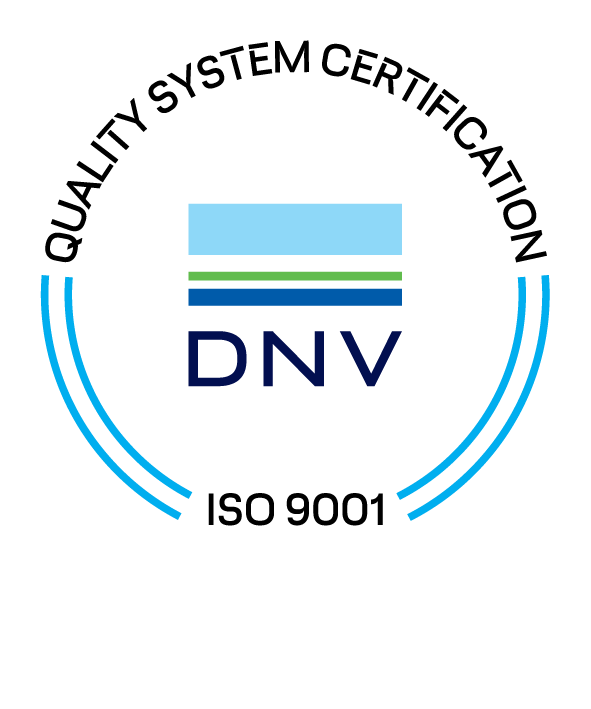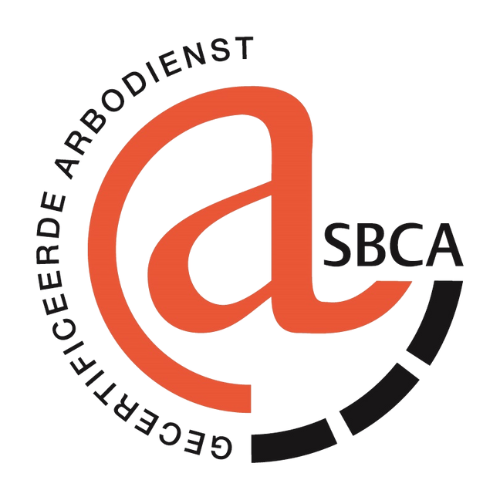M@ Social security
M@ offers control over absenteeism and reintegration
Self-insurer under the Dutch Sickness Benefits Act
(ERD ZW)
As a self-insurer under the Dutch Sickness Benefits Act (ERD ZW), you're responsible for the sickness absence guidance and reintegration of former employees who left your organization while unfit for work. This brings not only financial risks but also legal obligations under the Sickness Benefits Act and the Eligibility for Permanent Invalidity Benefit (Restrictions) Act (WvP).
At M@ Social Security Support, we provide expert, transparent, and results-oriented guidance. We help you stay in control of the process and the costs.

Why choose M@?
✔ Control over the absenteeism process – A dedicated case manager who proactively supports and thinks along with you.
✔ Compliant with laws and regulations – Always up-to-date with the Sickness Benefits Act and the Eligibility for Permanent Invalidity Benefit (Restrictions) Act (WvP).
✔ Expert support – Access to a broad network of specialists, including occupational physicians and reintegration experts.
✔ Transparency and collaboration – Clear communication, case insights, and regular evaluations.
✔ Accelerated reintegration – Focused on possibilities and sustainable outcomes.
We have experience in:
Municipalities
Employment agencies
Large companies

Our approach: personal, practical, and results-driven
We ensure a smooth and goal-oriented absenteeism process for former employees. Together with you and the employee, we maintain control, activate where possible, and ensure careful case handling.
✔ Early identification – Timely action on potential bottlenecks in the absenteeism process
✔ Employability Case Manager – One dedicated point of contact for all cases
✔ Use of specialists – Company doctor, occupational expert, and others via our provider network
✔ Regular case reviews – So you stay on top of progress and legal obligations
✔ Clear contractual agreements – No surprises, just transparency and certainty
“A collaboration that brings peace and clarity.”
At M@, it's all about clear agreements, transparent communication, and a dedicated contact person who contributes valuable input. Regular coordination and early identification of bottlenecks foster genuine collaboration—with knowledge sharing, trust, and control over the absenteeism process.






